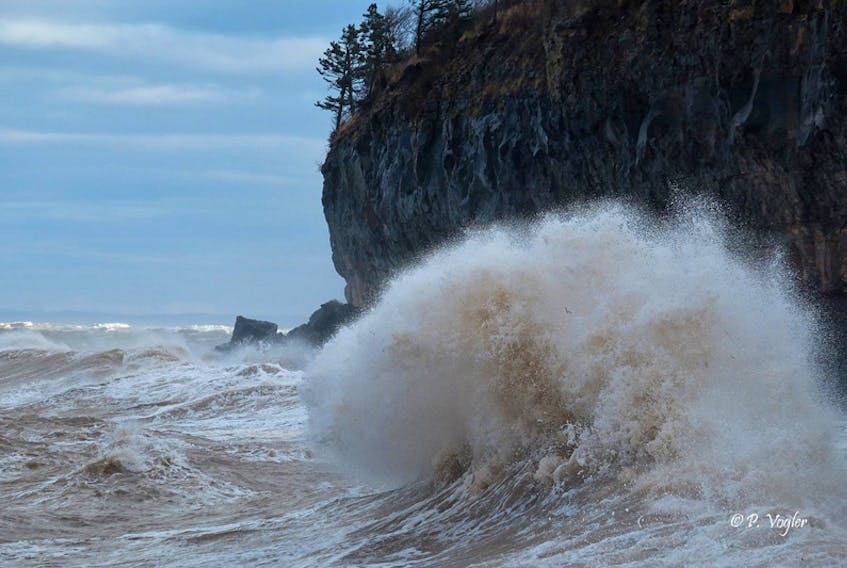Well, so much for a pleasant late fall in Atlantic Canada.
By now, we had hoped to see an end to the mercurial, extreme weather patterns experienced in the region through much of 2018.
It felt like we deserved a quiet finish to the year following a cold, late spring and a meagre 10 weeks or so of summer.
But there was heavy frost on the pumpkins in Newfoundland and Labrador by mid-September, constant rain and cold claimed 10 per cent of P.E.I.’s potato crop – an estimated 8,000 acres are still in the ground — and Nova Scotia is still assessing the damage from devastating losses to its blueberry, apple and strawberry crops from a June freeze that caught plants in vulnerable bloom.
Spring fishermen shivered until the last lobster trap was landed, and while tourists showed up in strong numbers, they seemed to arrive late and leave early.
It seems Atlantic Canada is seeing its key industries squeezed into a narrowing window by changing weather patterns — the undeniable product of climate change.
Today, parts of the region are bracing for the fourth major storm inside two weeks. The northern half of New Brunswick and parts of other provinces have already seen significant snowfalls.
What the heck is going on?
It seems Atlantic Canada is seeing its key industries squeezed into a narrowing window by changing weather patterns — the undeniable product of climate change.
Newfoundland and Labrador was hit by snow in late June, withering drought in July and early August, and plunging temperatures by mid-September. The province’s growing season was perhaps the worst on record and farmers are predicting a big loss of income. It was the same elsewhere in Atlantic Canada.
It isn’t our imagination that more weather systems explode into mini-hurricanes as they approach Atlantic Canada. Power outages, bridge disruptions and ferry cancellations are becoming far too common and the official start of winter is still five weeks away.
The cause of all this mayhem has long been predicted by scientists – global climate change. Now we’re in a pattern of increasingly frequent and severe weather. A once-in-a-century event seemingly occurs every year. The extreme is the new norm.
There’s no argument here. More and more, Atlantic Canadians are feeling its harsh impact. It’s obvious — we must reduce carbon and greenhouse gases.
Some Canadians still don’t get it, so there is a movement to modernize weather forecasts — to pass along information to help educate and remind citizens of the growing impacts of climate change. For example, Michael Wolfson, a former Canada research chair in Ottawa, argues that including the frequency of extreme weather events and statistics in forecasts would demonstrate broader climate change trends, using comparisons to historic patterns.
It if helps, go for it.








